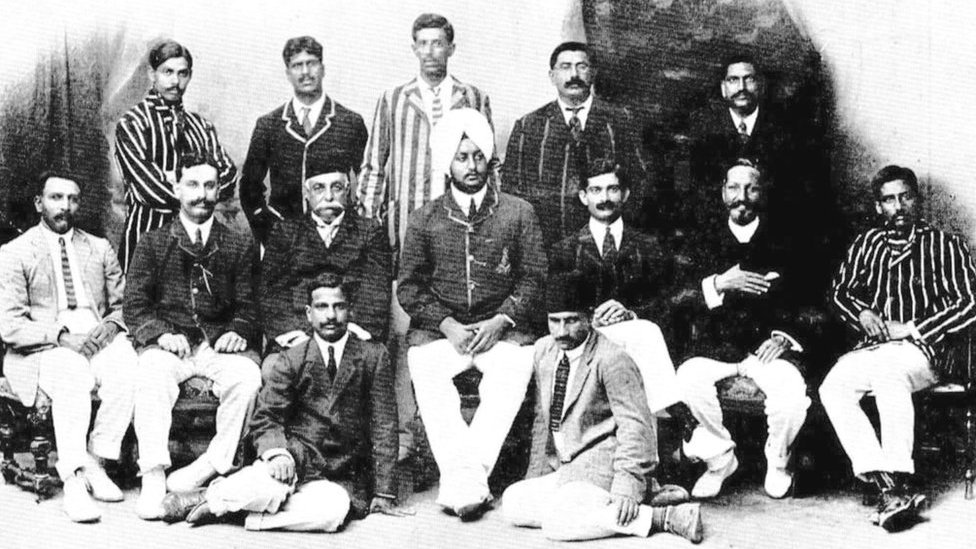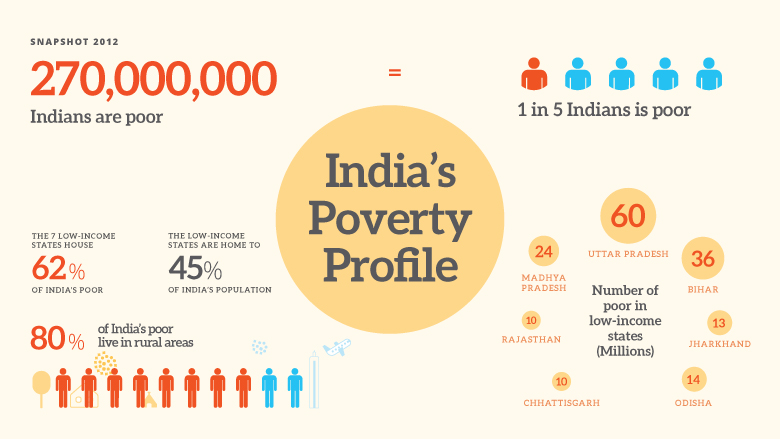OMG Cricket [🏏→🚽]
- Published on
- Published on
- Blog Post views
- ... Views
- Reading time
- 3 min read
![OMG Cricket [🏏→🚽]](/_next/image?url=%2Fstatic%2Fomg-cricket-18e45b.avif&w=3840&q=75)
Following cricket is not only a waste of time; it's outright foolish.
Cricket is a sport that is deeply embedded in the hearts of Indians. But, is the time and energy invested in watching and playing cricket justified?
The Cultural Stronghold of Cricket
Cricket holds a strong position in the Indian subcontinent, where cricket players are revered almost to a divine status. In contrast, the sport lacks popularity in more developed countries like the United States, Canada, and many European nations. These countries have developed their own sporting cultures rather than embracing the remnants of colonial influence. So, what value does watching cricket add to one's life?
The Time Investment
Cricket matches are known for their extended duration, ranging from six hours to five days, requiring a significant time commitment from viewers. In comparison, sports like hockey or football offer shorter matches that conclude within an hour or so, creating a discrepancy in the value of time spent.

For example, an India-Pakistan match in the Asia Cup on September 12, 2023, was delayed by a whole day due to rain, effectively consuming two days of the country's attention and energy. This emphasizes the excessive focus on a rivalry that has been perpetuated for far too long.
The Impact on Other Sports
India is a country with a population of over 1.4 billion. Despite this, our performance at the Olympics is disheartening. Our unwavering focus on cricket is hindering the growth of other sports. Smaller nations consistently outshine us in terms of gold medal count. Diversifying our sporting interests could help nurture talent across various disciplines, leading to better performance on the global stage.
Physical Engagement and Player Dynamics
From a player's perspective, cricket lacks the constant movement and engagement found in other outdoor sports. With only two players batting at a time and fielders maintaining static positions, the game raises concerns about whether we are truly maximizing our physical potential by dedicating our time and energy to cricket.
Gender Disparities in Cricket
Cricket's dominance in India extends predominantly to the men's team. The neglect of the women's team is disappointing. They lack the viewership, sponsorship, pay, reputation, and influence enjoyed by their male counterparts. This disparity highlights the broader issue of gender inequality in sports.
Colonial Legacy

The elimination of cricket as the primary sport of the country is an essential step in the process of removing colonial marks. How can we rename monuments and roads named after colonizers while simultaneously embracing their sporting legacy?
Personal Reflection
As a kid, I was always advised not to watch cricket by my elders. While the players' bank accounts swell, the watchers, who form the backbone of the sport, remain largely unchanged. Their lives are untouched by the glamour and wealth that surrounds the game they love.
Real Issues Facing India
The real problems in India are socio-economic—massive poverty, massive unemployment, large-scale malnutrition, almost total absence of healthcare and good education for the poorer sections of our population, high rates of farmers' suicides, and discrimination against women, minorities, and Dalits. The Roman Emperors used to say, "If you cannot give the people bread, give them circuses." The Indian establishment seems to say, "If you cannot give the people bread, give them cricket, Bollywood, the media, religion, astrology, etc."

Cricket, along with the other distractions mentioned above, diverts the attention of our people from these real issues. It attempts to depict non-issues like winning a cricket match as the real issue. So, the real issue before the Indian people is not how to abolish poverty, unemployment, malnutrition, etc., but whether India has beaten Pakistan in a cricket match, or whether Virat Kohli has scored a century.
I refuse to join in the celebrations of these trivial victories, as they divert attention from the real problems facing India. Such celebrations are an insult to the poor people in India, and I refuse to insult my people.
Our nation's progress lies in diversifying our sporting interests and nurturing talent across various disciplines. It's time to break free from the chains of colonial ideologies, explore other avenues, and ensure that our investments of time and energy truly enrich our lives and contribute to our nation's success.